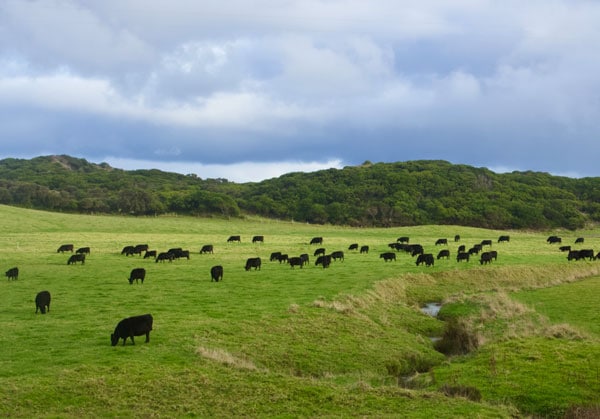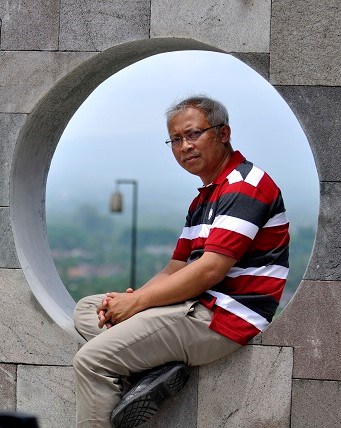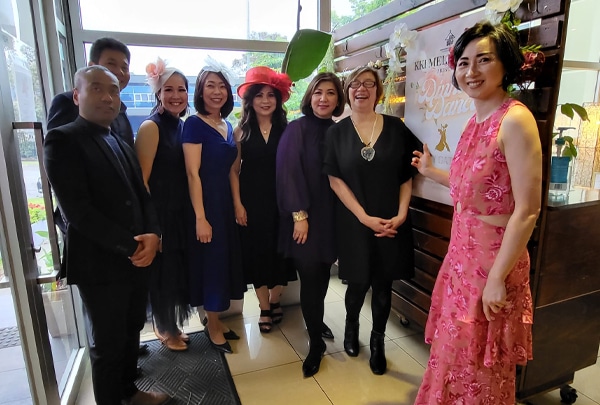Mulyoto Pangestu
Peneliti & Dosen Monash University
Sebelum 1996, semuanya terasa mudah. Pelajar yang lulus dari universitas di Australia disodori tawaran untuk menjadi warga tetap (permanent resident). Mereka tinggal memilih: ya atau tidak. Percaya atau tidak, saat itu tidak banyak yang menerima tawaran tersebut. Kondisi ekonomi Indonesia masih sangat stabil. Nilai tukar rupiah terhadap dollar Amerika masih sangat kuat. Itulah kenangan Dr. Mulyoto Pangestu, peneliti dan dosen medical science di Monash University. “Waktu itu menjadi PR di sini belum menjadi trend,” ujarnya.
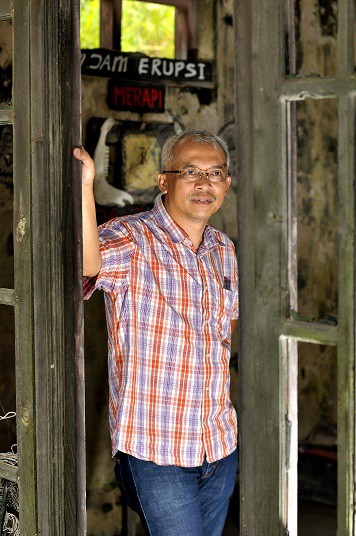
Menurutnya, sekecil apapun gaji seorang pegawai negeri di Indonesia, mereka masih sanggup membayar tenaga pembantu rumah tangga (PRT). Sementara di Australia, PRT adalah sebuah kemewahan. Dalam kondisi ekonomi Indonesia yang stabil dan pembangunan berjalan baik, tinggal di dalam negeri jauh lebih menyenangkan.
Situasi dan kondisi berubah pascakrisis ekonomi 1997-98. Kehidupan di Indonesia menjadi lebih berat. Tak heran jika menjadi PR di Australia menjadi salah satu pilihan. Namun, aturan sudah berubah dan persyaratan menjadi lebih ketat. Untuk mendapatkan status warga tetap Australia itu, banyak pendatang Indonesia yang dipaksa keadaan untuk bekerja di luar keahliannya. Peluang kerja apa pun, asal memberikan penghasilan yang cukup, akan diambil dan dikerjakan sungguh-sungguh.
“Aturan untuk dapat PR itu selalu berubah sesuai kebutuhan pemerintah Australia,” tutur ayah satu anak yang menjadi PR sejak 2004 itu. “Sebelum 2003 misalnya, profesi dokter tidak memiliki point yang berarti untuk pengajuan PR. Tetapi setelah itu profesi dokter memiliki nilai tinggi untuk PR. Para pencari PR harus rajin memeriksa aturan terbaru agar upayanya bisa berhasil,” sambungnya.
Jumlah pendatang asal Indonesia di Australia memang belum sebanyak dari negara lain seperti Malaysia atau Filipina. Menurut peneliti yang reputasinya diakui di tingkat internasional itu, ada beberapa kelemahan para pencari PR asal Indonesia, antara lain: 1) belum terbiasa mengurus surat-menyurat, 2) belum ada dorongan yang kuat dari pemerintah, dan 3) lemah dalam penguasaan Bahasa Inggris.
Apakah agen imigrasi itu penting? “Bagi yang terbiasa dengan surat menyurat dalam bahasa Inggris, dan yakin bisa memenuhi syarat yang berlaku, mengurus sendiri tentu lebih bisa berhemat. Tetapi jika gagal, ia tidak bisa mengetahui penyebabnya. Imigrasi tidak akan berkomunikasi soal itu. Sementara jika melalui agen, jika syarat belum lengkap, seorang pelamar masih mungkin untuk melengkapi dan mengajukannya kembali karena ia tahu apa kekurangannya.”
Mendapatkan PR itu, menurutnya, memerlukan kecermatan dan kecerdikan. “Jangan mentang-mentang sudah Ph.D lalu melamar sesuai bidang studinya. Belum tentu bidang tersebut sedang dibutuhkan oleh pemerintah Australia. Siapa tahu saat melamar itu, justru studi S2-nya yang diperlukan,” paparnya berbagi kiat. Ia sendiri mengajukan PR sebagai medical scientist yang saat itu (2003) termasuk dalam list yang dibutuhkan.
Bagi yang sudah menyandang status PR, Mulyoto mengingatkan bahwa mereka itu otomatis menjadi “duta” bagi Indonesia. Apa yang dilakukan selama di Australia, sedikit banyak, akan mempengaruhi citra Indonesia di mata para pendatang lain. Citra pribadi yang baik, tentu akan membuat citra Indonesia yang baik pula.
PR Rules Always Changing
Before 1996, everything was easy. Students who graduated from Australian universities were presented the opportunity to become permanent residents. They just choose: yes or no. Believe it or not, at the time not many accepted the offer. Indonesia’s economic condition was still very stable. The rupiah was still very strong against the US dollar. That is the memory of Dr. Mulyoto Pangestu, researcher and lecturer of medical science at Monash University. “At the time getting a PR here (in Australia) was not yet a trend,” he said.
According to him, no matter how small the salary of a civil servant in Indonesia, they can still afford to pay domestic workers (PRT). While in Australia, PRT is a luxury. When Indonesia’s economic conditions were still stable and development going well, living in the country (Indonesia) was much more enjoyable.
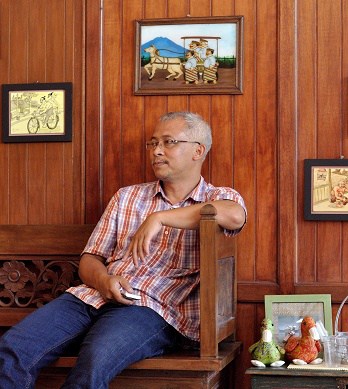
After the economic crisis in 1997-1998 the situation and economic conditions changed. Life in Indonesia became more severe. No wonder becoming a permanent resident in Australia became one option. However, the rules have changed and the requirements become more stringent. To obtain permanent resident status in Australia, many Indonesian migrants have been forced to work in area outside their expertise. Any employment opportunities, so long as they provide sufficient income, will be taken and pursued to the full extent.
“The rules for getting PR are always changing according to the needs of the Australian government,” said the father of a child who has been got PR since 2004. “Prior to 2003, the medical profession for instance does not have a clear point for PR submission. But, after 2003, the medical profession has a high value for PR. PR seekers must search diligently for the latest rules to ensure their efforts are successful,” he continued.
The number of Indonesian migrants in Australia is not as much as other countries such as Malaysia or the Philippines. According to internationally recognised researchers, there are some weaknesses for PR seekers from Indonesia, amongst others: 1) not used to taking care of correspondence, 2) there is no strong encouragement from the government, and 3) weak in mastering English.
Is an immigration agent important? “For those who are used to corresponding in English, and are sure to meet the applicable requirements, taking care of it yourself is certainly more affordable. But if you fail, you will not know the reason. Immigration will not let you know. While if you go through an agent, if your application is incomplete, the applicant may still be able to complete and resubmit because you will know why the application was unsuccessful.”
Getting PR, he argues, requires precision and ingenuity. “Don’t just assume if you have a Ph.D you can apply for your appropriate field of study. The Australian government does not necessarily require these fields. Who knows at the time of application, perhaps people studying Masters (S2) are needed,” he explained. Mulyoto himself did file for PR as a medical scientist at the time (2003) because it was included on the required list.
For those who already hold PR status, Mulyoto reminds them that they automatically become “ambassadors” for Indonesia. What they do during their time in Australia, whether it is a lot or a little, will affect the image of Indonesia in the eyes of others. A good personal image, will create a good image of Indonesia also.
Foto: by Djaka Dwiandi













